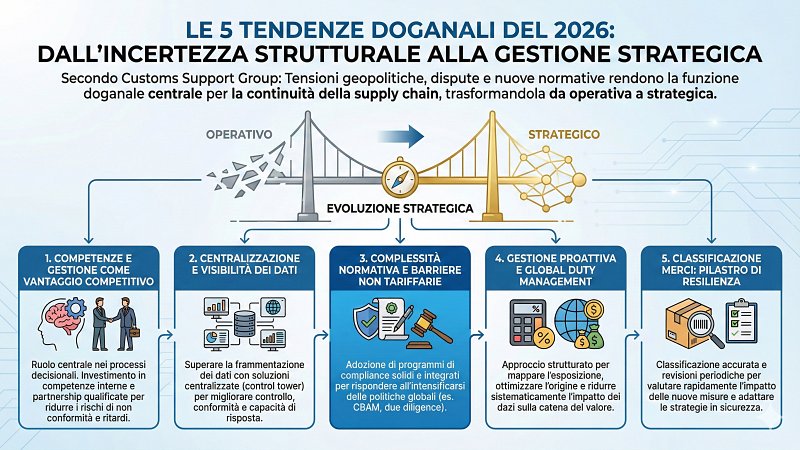The journey of France's first cooperative-based railway enterprise comes to an end, not at a cargo terminal, but in a courtroom. After five years of an uncertain venture, Railcoop faces its conclusion. As of October 16, 2023, the company was placed under controlled administration due to its inability to meet creditor payments. Despite a six-month grace period allowed by French law, the cooperative could not recover. The Commercial Court of Cahors, having jurisdiction, is expected to deliver the liquidation verdict on April 15, 2024.
Railcoop has a broad base of nearly 15,000 financial members, a number encouraged by tax incentives for cooperative companies. The members have been informed by the management that this visionary yet feasible project has reached its final stop. The liquidation underscores the challenges of realizing alternative railway projects and demonstrates the necessity of a solid foundation in finances, management, and operational experience to carve out a market niche. Notably, the fatal blow was dealt by a dispute over rolling stock management, an aspect of the business that demands significant financial resources.
What can now be deemed a railway utopia was launched in 2019 with the aim of offering passenger services along less served or overlooked routes by the national French railway company Sncf, including a notable Bordeaux-Lyon line that would bypass Paris. Facing initial hurdles, the company shifted its focus to freight transport—a segment considered from the start—but this too proved to be an elusive goal.
The first rail freight service was initiated between the Occitan regions of Aveyron and Lot (Capdenac) and the logistics hub of Toulouse Saint-Jory, along a 180-kilometer route that had been closed since 2014. The service, which planned for three weekly trips in each direction eventually to become daily, targeted the transport of agricultural and industrial products. It utilized two locomotives leased from DB Cargo, which also provided the crew, along with a fleet of leased wagons.
However, according to French media reports, the service often bordered on the absurd, with trains frequently running empty merely to demonstrate the company's ability to provide reliable service in terms of travel time and schedule adherence. At best, a few pallets from occasional customers were loaded.
Beyond internal management issues exacerbated by a chronic lack of resources, Railcoop experienced what could be described as a silent boycott by the French rail network operator Sncf Réseau. Access and operation permissions, along with track access slots from the network operator, presented numerous hurdles, as the cooperative's management suggests, aimed at hampering the development of an independent venture.
Piermario Curti Sacchi






































































